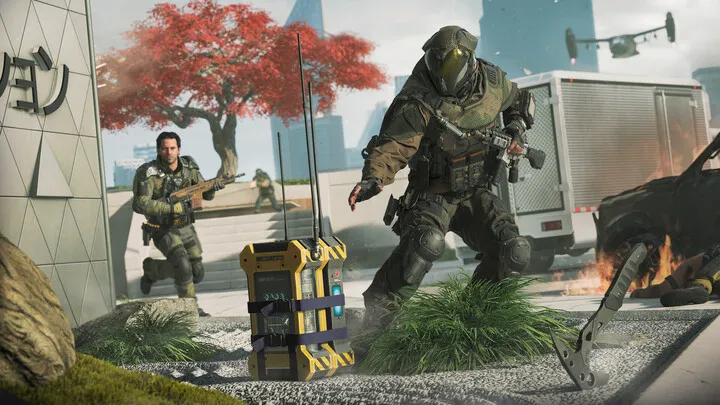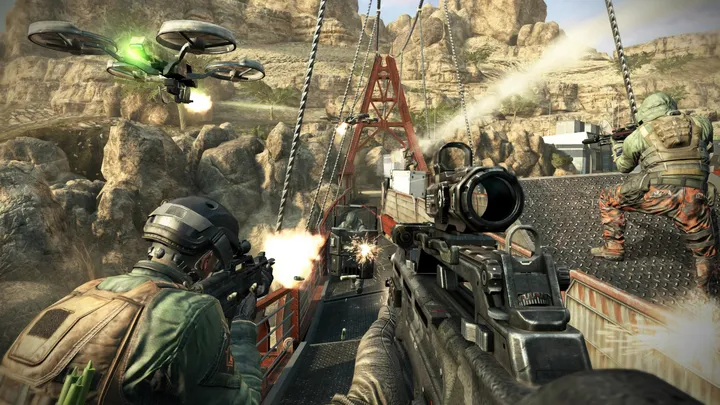Call of Duty Review: Legacy, Strengths, Flaws and the Unshakeable Influence of a Global FPS Giant
Call of Duty Review: Legacy, Strengths, Flaws and the Unshakeable Influence of a Global FPS Giant
Popular Now



Latest Post
Latest Reviews
Welcome to easetv.info, your compass for comprehenscoupled with the latest industry news. Our mission is to provide you with insightful analysis and valuable insights, enriching your digital journey.
© 2025 easetv.info - All Rights Reserved